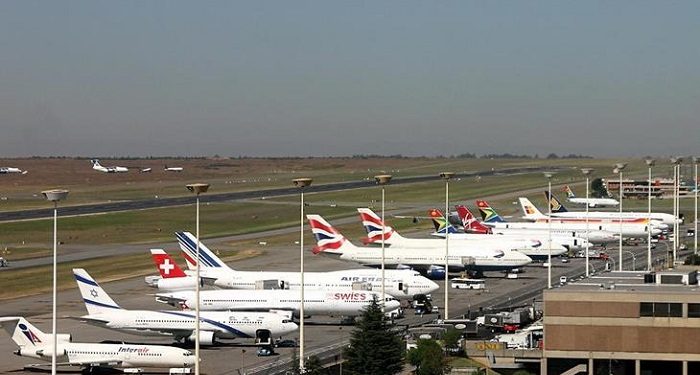The Kenyan government has waived airline landing fees, a move that seeks to support the aviation industry. The sector hopes to bounce back from the coronavirus shock in the coming months.
Furthermore, plans are underway for the government to provide financial relief to the aviation sector through tax exemptions and refurbishment funds for tourism facilities and other establishments.
The waiver on airline landing fees is expected to yield significant savings in the millions for airlines whose cash-flows have sublimated under the current total ban on passenger flights.
Meanwhile, Kenya Airways has announced plans to resume domestic flights by 8th July and international flights by 14th July 2020. The national carrier plans to commence local and regional flights that cover Mombasa, Eldoret, Kisumu, Diani, Kigali, and Entebbe before embarking on long-haul international flights to Amsterdam, London, Paris, Dubai, and Mumbai.
The airline landing fee is a charge paid by an aircraft to an airport company for landing at a particular airport. The fees can vary significantly between airports. In congested airports, most of the landing slots are held by airlines being able to pay premium prices because of supply and demand, while less congested airports charge less landing fees. The money generated by landing fees is used to pay for the maintenance or expansion of the airport’s buildings, runways, aprons, and taxiways.
See Also:




